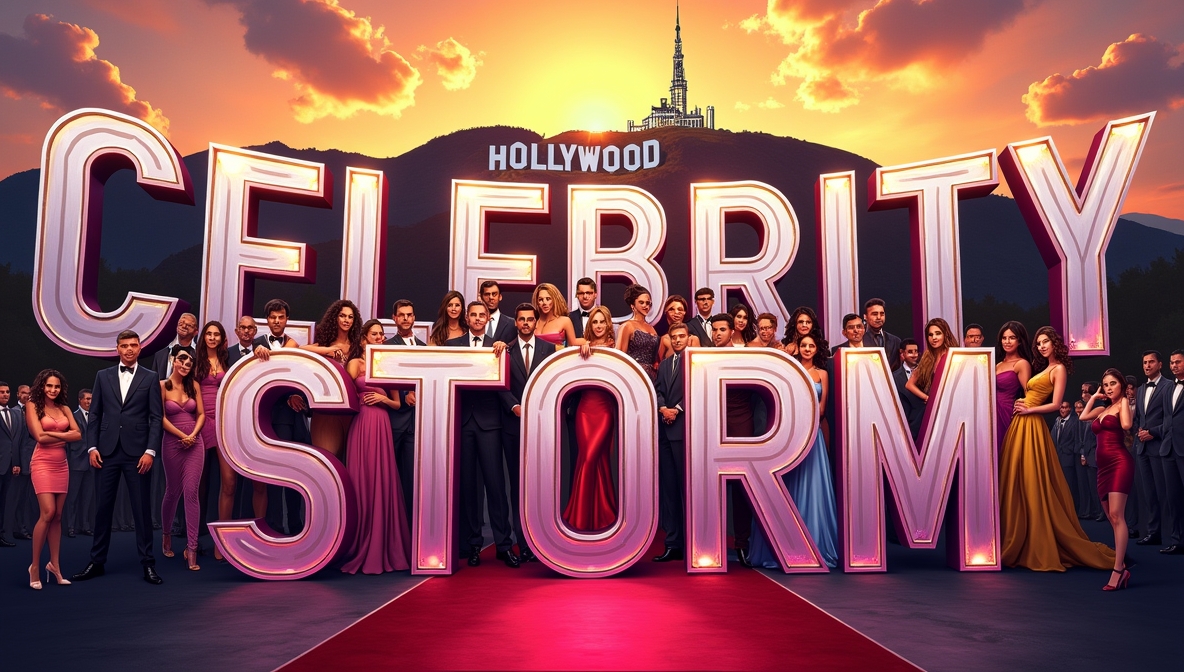Morrissey Cancels two New England Gigs Over Credible Onstage Threat: What Happened and Why It Matters

Maya Rivers here, ready to spill the tea in verse form, because sometimes the headline begs to be sung even when the chorus is a cautionary note. A storm brewed in the air around Morrissey, the former Smiths frontman, as his team announced a frightening development: a credible threat to assassinate him on stage. The cancellations followed days of heightened security concerns in the live-music world, with two shows scheduled in New England abruptly pulled as a precautionary measure. The first in Mashantucket, Connecticut at Foxwoods Resort Casino, and the second in Boston at the MGM Music Hall at Fenway. The notices, posted on Morrissey’s official social media pages, cited safety as the paramount reason for bowing out and promised refunds to all ticketholders at their original points of purchase.
The backdrop: a troubling thread of online threats that touched Morrissey’s Canada date in Ottawa. A 26-year-old man, Noah Castellano, faced charges for uttering threats to cause death or bodily harm after allegedly posting a violent message on Bluesky prior to Morrissey’s CityFolk performance. The Ottawa Citizen and other local outlets linked the post to court filings, and Castellano’s arrest on September 12 led to bail set at five thousand dollars. The message, from a Bluesky user with a lurid username and identical sentiment, reportedly warned of intending to shoot Morrissey at the Ottawa TD Place arena. Yet, Morrissey managed to perform at CityFolk on September 12, followed by shows in Toronto and New York, before the New England dates appear on the chopping block.
The decision to cancel sits within a broader climate of security consciousness. The timing is notable: just days after a high-profile shooting at a Utah college event involving conservative activist Charlie Kirk, the live-events world has been reckoning with how to balance artistic expression, audience safety, and executive risk management. Morrissey, a figure both celebrated and controversial in his outspoken stances, has faced long-standing critique over remarks deemed Islamophobic, misogynistic, or racially charged by civil rights groups and critics. His public persona has always danced on the edge of provocation, and his past endorsements, comments, and interviews have deepened debates about responsibility, accountability, and the line between artistic freedom and harmful rhetoric.
On the safety side, the cancellations were described as “out of an abundance of caution” rather than a direct attribution of imminent danger. Refunds for all affected shows were expressed automatically at the point of purchase, a practical courtesy that underscores the industry’s willingness to shield fans from financial disappointment even when a headline stirs the air. Morrissey himself offered thanks to supporters for understanding amid what he framed as a safety-first decision, a refrain echoing through modern concert culture when threats cast shadow over scheduled performances.
For fans and observers, the episode raises a chorus of questions about how venues, management teams, and artists navigate threats that arrive online or on the periphery of public appearances. The Ottawa incident demonstrates how a single social-thread threat can ripple into multiple cities, prompting a reassessment of risk even when authorities later declare that the threat may not have materialized into an actionable plot. The full story remains layered: the tension between protecting the artist and preserving the show business’s essential energy, the ethics of speaking about threats without amplifying them, and the way public figures balance their personal safety with public interest.
What happens next is anyone’s guess, but it’s clear this moment has pressed into the national conversation about onstage danger and the mechanisms that communities rely on to keep performances safe. Will Morrissey reschedule these New England dates, or chart a new path around the controversy? Will other artists model the same precautionary approach when threats emerge online? The industry is listening, security experts are weighing protocols, and fans are left with a question that lingers longer than a guitar solo: what price do we pay for safety when the stage lights call?
And now, the curtain remains a touch heavier than before, hinting at a new rhythm to the season’s tours. Stay tuned to see whether the show will go on, or if the bravura of live music yields to the quiet gravity of caution.
Sources: Celebrity Storm and New York Post
Ottawa Citizen
Attribution: Creative Commons Licensed (GO)
Attribution: Creative Commons Licensed (GO)




